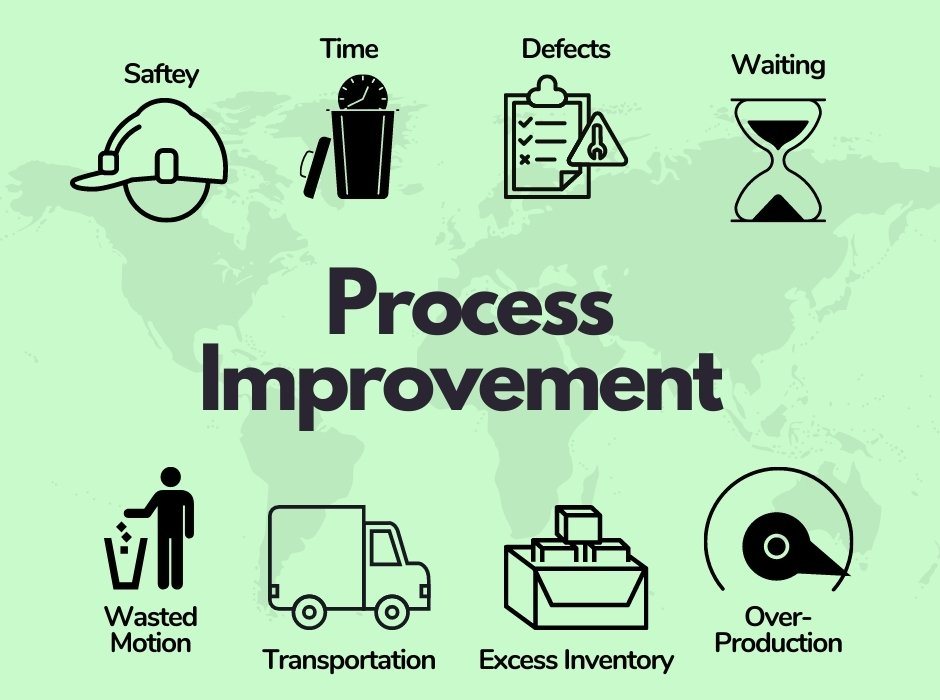It’s not unusual for growing companies to follow their industry’s best practices. Adopting what trial and error taught others without having to endure the pain they suffered along the way isn’t just intelligent leadership. It’s also common sense. So there’s little noteworthy or innovative about companies embracing the expertise of their peers.
Netfor attributes much of its growth to the excellence of its services, and a willingness to adopt those familiar best practices has been a critical element. But much of the actual innovation that has differentiated Netfor from the thousands of other firms in the business process outsourcing (BPO) arena has been rooted in many unfamiliar best practices.
Put simply, Netfor has long studied the best practices of other industries and sought ways to apply those lessons to the company’s own operations. For example, while Netfor does business with IT companies and is a large-scale user of technology, it doesn’t refer to itself as an IT company. Still, when the company’s leadership team became familiar with the ITIL (Information Technology Infrastructure Library) best practices for enhancing the experience of end-users, they recognized they could learn from them.
The company studied how it could apply ITIL’s practices to its operation of help desks, fulfillment, and field services. Did it prove beneficial? Absolutely. Company leadership watched as the measurement of end-user satisfaction climbed well above norms for BPO providers.
Driven by the successful application of those best practices, Netfor has continued to look for ways to fine-tune our business offerings based on the expertise of other industries. The company recently engaged a leader from the manufacturing world to determine whether Six Sigma and Lean Manufacturing practices could be applied to its service-focused business processes.
The conclusions have been eye-opening. While many of them involve proprietary processes not appropriate for exploration in a public channel like this, examples of how Netfor’s BPO could be viewed through a manufacturing context offer some insight.
For one, a key component of Lean Manufacturing focuses on identifying and eliminating as much waste as possible. In a manufacturing facility, waste is usually something tangible, such as scrap wood and sawdust in a furniture factory. Within a service-focused BPO provider like Netfor, one of the biggest things that may be wasted is staff time.
To illustrate, one process in Netfor’s fulfillment service involves items being picked from shelves, transported across the building to an area in which they’re prepared for shipment, and then transported back to the original location for pickup by the shipper. The distance between the two areas may not seem to be long, but when the time it takes for staff members to transport objects back and forth is projected across an entire year, the cost is high. Bringing all the processes closer together will lead to reductions in time and limit the potential for damage.
The expert examined nine different types of waste — safety, transportation, defects, waiting, overprocessing, overproduction, motion, excess inventory, and unutilized talent — inherent in the way Netfor does business. Take safety. Simple injuries carry both financial and time costs, and staff members handling fulfillment face all sorts of potential injury risks, from climbing ladders to lifting and moving objects, to working with box cutters. Identifying safer working processes has a measurable impact on safety outcomes.
Another safety-related example applies to help desk agents, making sure they take breaks at the right time and perform simple exercises to reduce eye strain and keep muscles loose. Those steps improve productivity and morale as they diminish the potential for stress-related conditions. Equally important in today’s job market is that it helps to limit turnover.
Applying techniques that have helped manufacturers transform their workplaces and deliver the quality levels needed to thrive in a global marketplace will help Netfor become even more efficient and effective, enhancing the company’s value to its clients. By using formal processes such as this, company leaders can explore a wide range of improvement opportunities and prioritize them for the most significant overall benefit.
How does Netfor continue to rank ahead of other BPO companies? A perpetual dedication to improving quality and efficiency is central to the company’s DNA. Discovering and applying non-traditional best practices from non-service industries results in innovative improvements to its services. In other words, Netfor doesn’t just duplicate what everyone else does. Our leadership explores areas other companies never consider and learn from what they find. That’s why our clients can count on us to continue to become even better at serving their needs.




